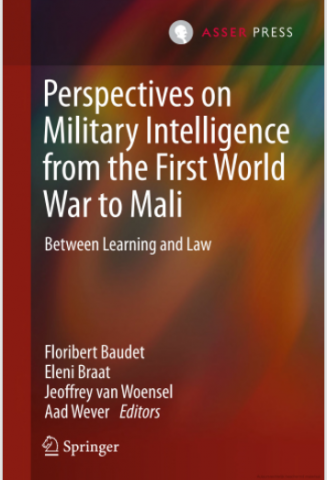INTELLIGENCE BIBLIOGRAPHY - Erich Schmidt-Eenboom
This bibliography on intelligence numbers almost a thousand pages and runs up to 2008. It contains publications in English, German, French and Dutch and was put together by Erich Schmidt-Eenboom of the Forschungsinstitut für Friedenspolitik in Weilheim, Germany. NISA is grateful to him for making this bibliography available to us.




